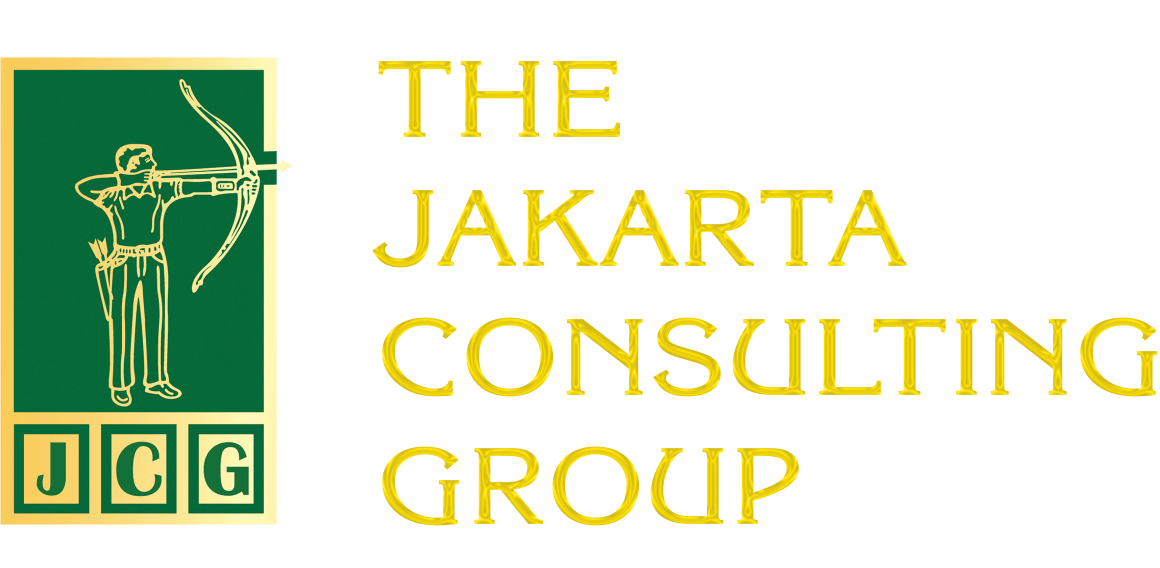Breaking the Gen Z Stigma. Some big companies have reportedly been laying off Gen Z employees. According to surveys, six out of ten companies are letting go of recent graduates. These findings come from Intelligent, an education consulting platform, which also reports on Gen Z employees’ performance. Euronews (10/23/2024) highlights reasons why companies are firing Gen Z employees: lack of motivation, unprofessional behavior, and poor communication skills.
Detik.com lists ten reasons why companies are cutting ties with Gen Z employees, including lack of motivation and initiative, poor organizational skills, ineffective communication, difficulty receiving feedback, lack of relevant work experience, poor problem-solving abilities, insufficient technical skills, workplace culture mismatch, and trouble working in teams.
Breaking the Gen Z Stigma
Holly Schroth, a senior lecturer at the Haas School of Business, University of California, points out that many Gen Z students focused more on extracurricular during college, hoping to boost their competitiveness. However, this left them with less work experience, leading to unrealistic workplace expectations, especially regarding supervisors, clients, and colleagues.
Interestingly, Gen Z often relies on their parents during the job hunt. According to Resume Template, 10% of 1,500 young job seekers admitted to asking their parents for help with job searches, and 25% even brought their parents to job interviews. Many also have their parents write their resumes.
Is Gen Z really that bad in the workplace? Some argue that the negative talk about Gen Z employees and job seekers is just a stereotype—a preconceived notion that’s subjective and inaccurate. In reality, many Gen Z employees are competent and committed. It’s up to each individual in Gen Z to break these stereotypes.
First off, Gen Z needs to understand the average qualities companies are looking for in employees. Employers want people who are proactive, positive, hardworking, adaptable, open to feedback, efficient, punctual, reliable, technically skilled, interpersonally adept, have relevant work experience or internships, maintain a professional social media presence, and steer clear of office politics.
Next, Gen Z can take strategic steps to succeed in the workplace. Start by boosting your motivation and taking initiative. Stay focused on long-term goals and create a clear career development plan. That way, every job feels meaningful. At work, suggest new ideas and kick off projects without waiting for instructions.
Adopt a growth mindset. Show that you’re eager to learn. Ask questions, seek feedback, and even request a mentor if needed.
To combat the stigma of being unprofessional, follow company rules, show up on time, stick to SOPs, and treat your boss and co-workers with respect. Remember, the working world is different from college. Follow the right processes and don’t chase instant results. Career growth takes time, so job seekers need to be patient.
To improve communication skills, be an active listener and accept feedback graciously. In addition to verbal communication, good writing skills are just as important. Learn to write clearly and effectively.
To enhance job-related skills, sign up for training and courses, whether offline or online. When tackling problems, think critically so you can address the root cause instead of just the symptoms.
Every organization has its own culture. Learn the culture of the organization you’re in. Understand what’s acceptable and what’s not, what’s liked and disliked, and what’s typical and atypical. This will help you adapt to your workplace. Build good relationships with colleagues to foster stronger, more comfortable teamwork.
Use feedback as a tool for self-evaluation and improvement. Don’t get defensive when you receive criticism.
Learn to build relationships with older generations. This will help break the stigma that Gen Z can’t work well in teams, especially with senior co-workers. Seek mentorship, share experiences, and participate in cross-generational projects.
Career advancement isn’t just about pleasing your boss. Building relationships with people across various departments and backgrounds is also key. This will make you more known and respected. When starting a new job, greet people. This shows curiosity and helps build connections from day one. Through these conversations, you’ll learn more about their values and experiences in the organization.
Breaking the Gen Z Stigma
Category: Human Capital & Talent Management
#gen Z #phk #extracurricular #stereotypes #quality #feedback
Related Posts:
PHK Karyawan Gen Z : Bagaimana Mengikis Stigma Gen Z?
Berjaya Tanpa PHK: Belajar dari Silver Queen
Career Pathing : Menyediakan Jalur Karier yang Jelas untuk Kandidat
The Role of Digital Badges in Enhancing Candidate Skills Credibility
Blending Skill-Based Hiring and Microcredentials: Faster Recruitment for Better Results











